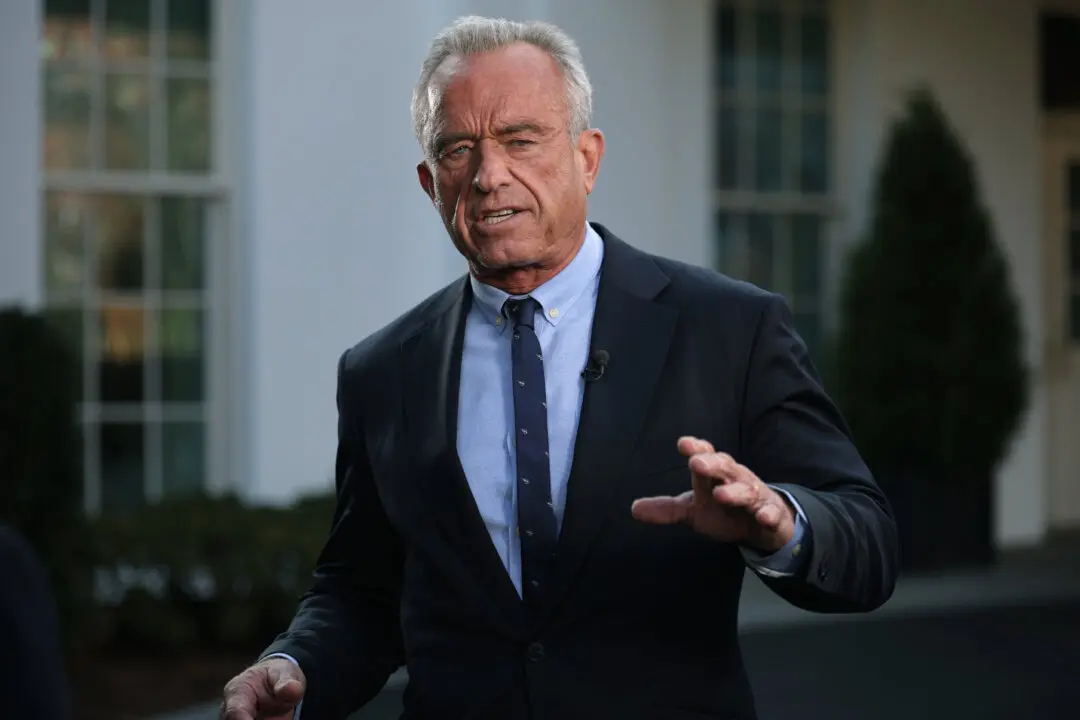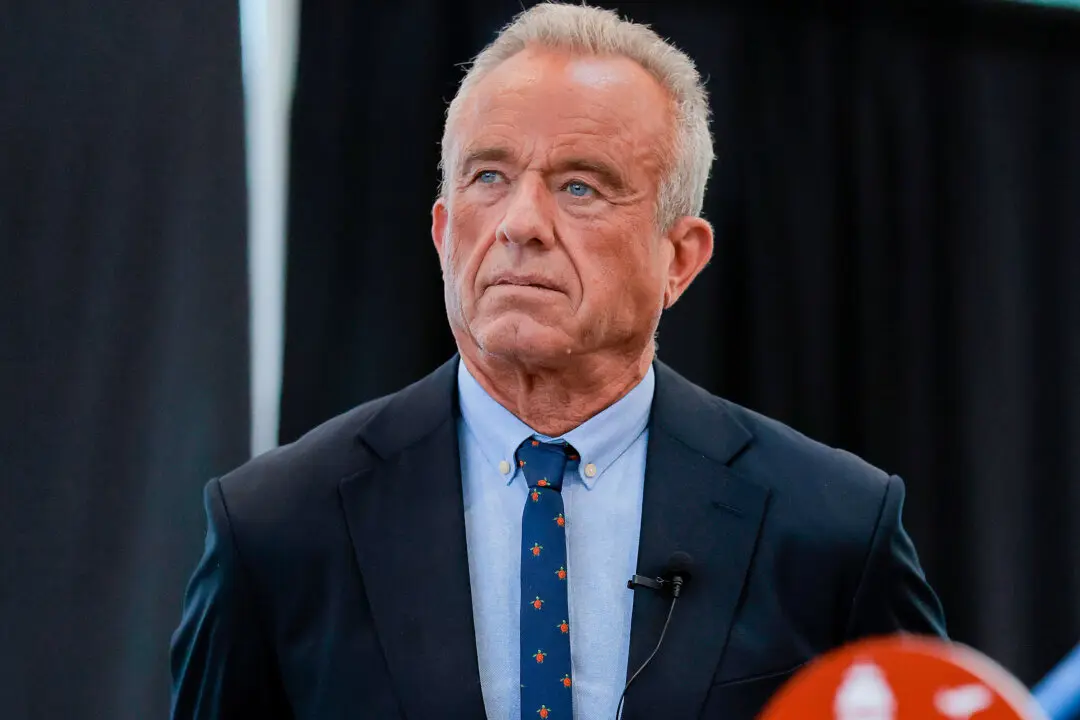At least five U.S. Senators’ stocks were sold after receiving sensitive briefings on the CCP virus in the early weeks of what ultimately became a pandemic.
The Epoch Times refers to the novel coronavirus, which causes the disease COVID-19, as the CCP virus because the Chinese Communist Party’s coverup and mismanagement allowed the virus to spread throughout China and create a global pandemic.





